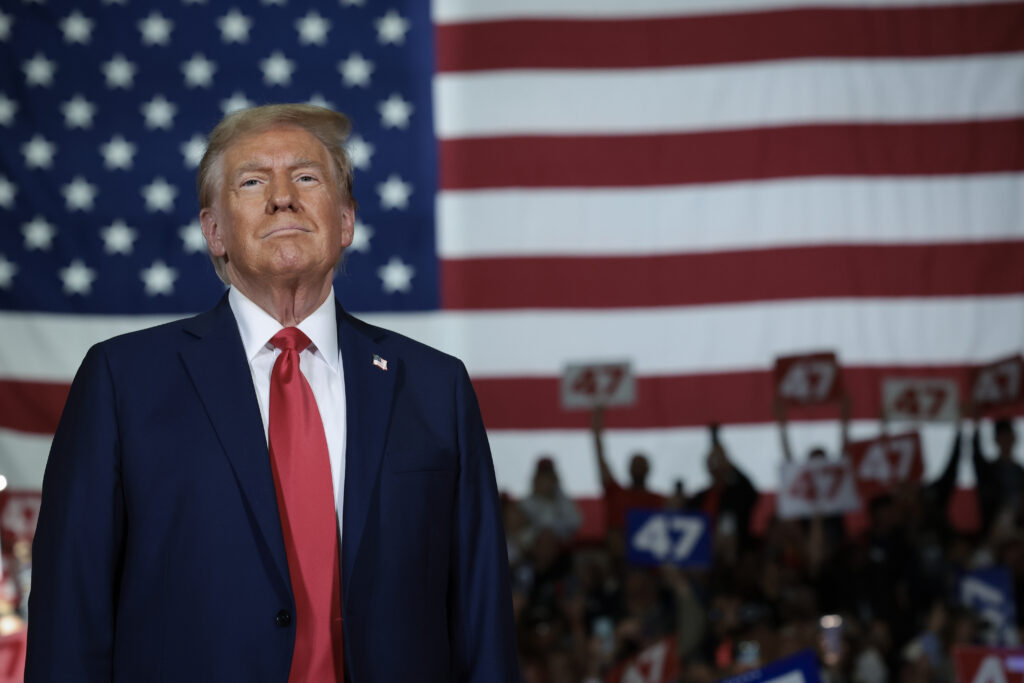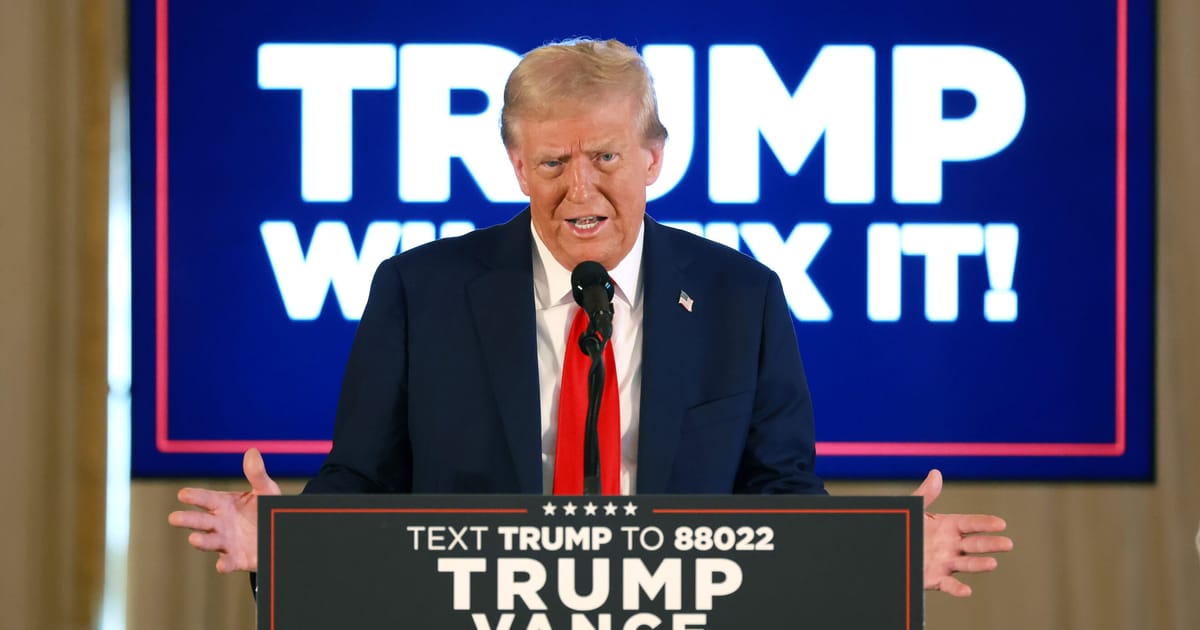These are all legitimate concerns. Yet, they’re short-term and short-sighted, and they ignore the galvanizing effect that the shock of a second Trump presidency could have.
A Trump win would immediately revive plans for more common EU debt for the bloc’s security and defense. That idea — initially pushed by Macron and supported by the EU’s new High Representative Kaja Kallas — had even won the tacit support of frugal Northern Europe, but it lost momentum after the French president’s election gambit. The shock of a second Trump term would undoubtedly rekindle it, not least because Germany — the country most reluctant to support Macron’s ideas — is also the country that fears losing America’s security guarantee most.
The same would be true for the Continent’s gloomy economic outlook. Former Central Bank President Mario Draghi’s diagnosis of an €800 billion-per-year investment gap can only be filled by more common financing. It also requires a different approach to EU-wide industrial and fiscal policy that, again, would start in Germany and spill over to rest of the EU — something that a trade war with Trump could help unlock.
Having the former U.S. president back at the helm could also have two further beneficial effects for Europe: First, it would add weight to the European Commission’s attempt to completely overhaul the EU budget and make it more fit for purpose — spending roughly two-thirds of the bloc’s finances on agricultural subsidies and cohesion funds is unlikely to be sustainable when confronted with the existential risks Trump presents. Second, it would spur on the already stalling U.K.-EU reset, as senior officials on both sides already believe his return would push them to find more creative ways to transcend their respective red lines.
 A Donald Trump isn’t something to wish on the world lightly. | Win McNamee/Getty Images
A Donald Trump isn’t something to wish on the world lightly. | Win McNamee/Getty Images
There is, of course, the risk that a Trump presidency would promote the EU’s centrifugal instincts rather than its integrative ones. His attempts to divide the EU by bilateralizing relations with member countries could prove successful, especially if linking issues of trade and defense. Moreover, a partial, or possibly full, abandonment of NATO could trigger panic among Europeans, leading to an “everyone-for-themselves” response.
There’s no doubt that a Trump presidency would test America’s democratic culture and the globe’s multilateral institutions — possibly to their breaking points. It isn’t something to wish on the world lightly. But it could also be just the shock needed to prevent the EU from falling into a long, and possibly terminal, decline.
